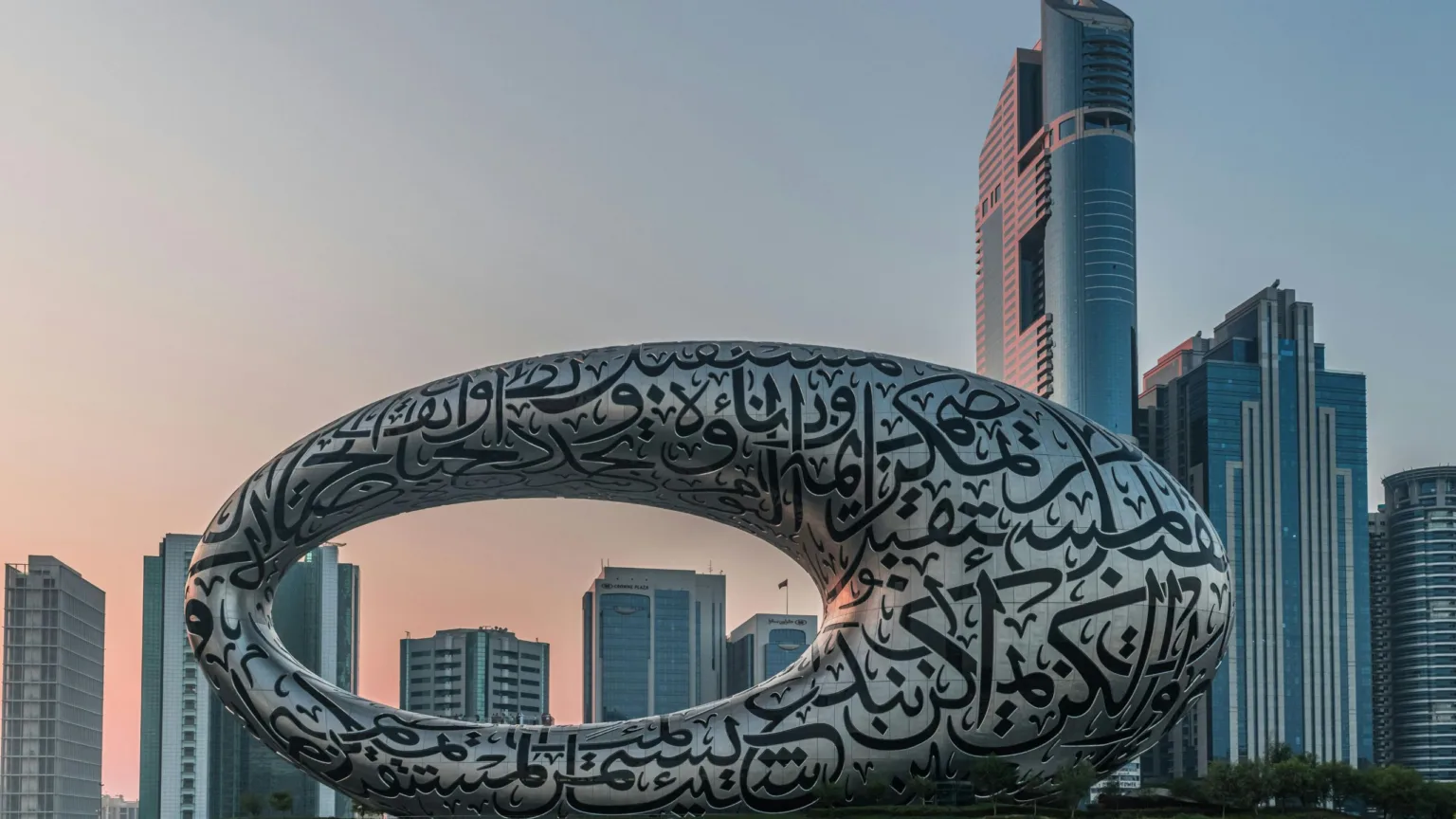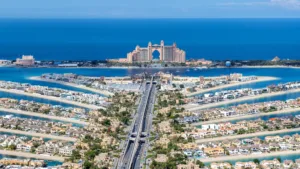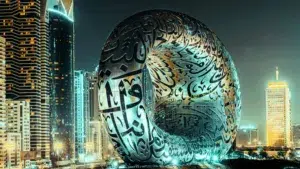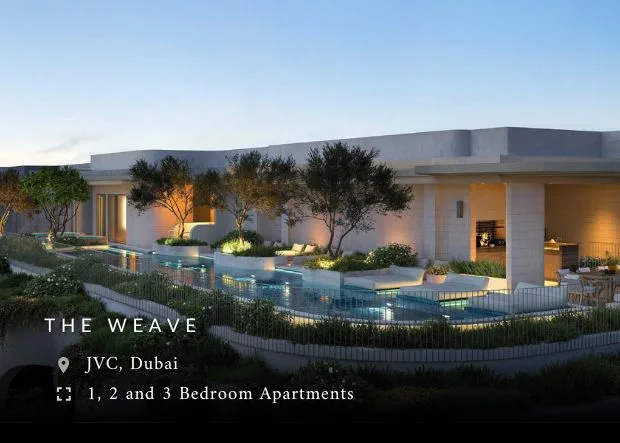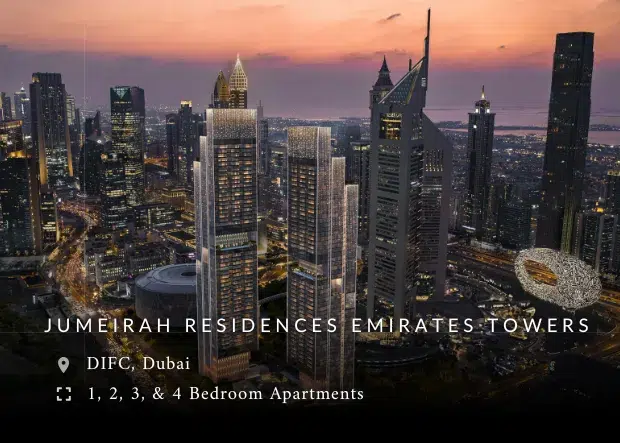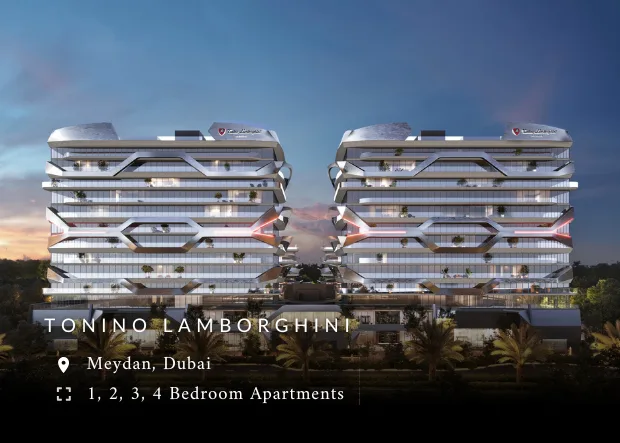Introduction
In the vibrant city of Dubai, smart homes are emerging as a cornerstone of contemporary living, reflecting the region’s dedication to innovation and state-of-the-art technology. The rapid adoption of smart home systems is transforming traditional living spaces into interconnected environments that prioritize convenience, security, and energy efficiency. By utilizing Internet of Things (IoT) technologies, these homes enable users to seamlessly control various aspects of their living space, such as lighting, climate, and security, from the convenience of their smartphones or tablets.
This shift towards smart living is not merely a trend; it represents a broader movement within Dubai’s real estate landscape, where developers are increasingly integrating advanced technologies into new residential projects. These innovations are not only appealing to a new generation of technology-savvy buyers but are also prompting existing homeowners to embrace retrofitting options that enhance their lifestyle. Additionally, the rise of smart homes contributes to a more sustainable urban ecosystem, promoting efficient energy management and reduced environmental impact.
As awareness of the benefits associated with home automation grows—ranging from significant reductions in utility costs to enhanced safety—smart homes are set to redefine the future of living in Dubai. This article delves deeper into the implications and advantages of adopting smart home technologies in one of the world’s most forward-thinking cities.
Overview of Smart Homes in Dubai
Smart homes in Dubai are rapidly gaining popularity as a reflection of the city’s commitment to innovation and modern living. This trend is driven by the integration of advanced technologies that enhance convenience, security, and energy efficiency within residential spaces. Smart home systems leverage Internet of Things (IoT) devices, allowing homeowners to control lighting, climate, and security remotely, promoting a lifestyle that is not just comfortable but also efficient.
In recent years, Dubai’s real estate market has seen a significant shift towards smart living environments, aligning with global technological advancements. Developers are increasingly incorporating smart technologies into new projects to attract tech-savvy buyers, while existing homeowners are retrofitting their properties with smart solutions. The rise of smart homes is also contributing to a more sustainable urban ecosystem, as these technologies facilitate better energy management and reduced resource consumption.
Moreover, the demand for smart home features is influenced by the growing awareness of home automation benefits, including lower utility bills, enhanced safety measures, and improved quality of life. As urbanization continues to expand in Dubai, smart homes are set to play a vital role in shaping the future of its residential areas, ensuring that they remain at the forefront of innovation and sustainability in modern living.
Key Features of Smart Home Technology
Smart home technology encompasses a broad range of features designed to enhance residential living in Dubai. One of the core aspects of smart homes is automation, which allows homeowners to control lighting, temperature, and appliances through smart devices or centralized systems. This convenience not only improves energy efficiency but also contributes to a streamlined lifestyle.
Security is another vital component of smart homes, as many systems now include advanced surveillance features. Homeowners can monitor their properties remotely using smart cameras and alarm systems that send alerts to their smartphones. This added layer of safety provides peace of mind to residents in an urban environment like Dubai, where security is paramount.
Energy efficiency technologies also play a significant role in smart homes. Smart thermostats and energy monitoring systems enable residents to track their energy consumption and optimize usage. These tools not only reduce costs but also support Dubai’s vision for sustainable living, driving efforts toward reduced environmental impact.
Additionally, integration with smart assistants allows for voice-controlled functionalities, making it easier to manage various home systems effortlessly. As the demand for innovative living environments continues to grow, the adoption of these key features in smart homes is expected to increase, shaping a modern, tech-driven lifestyle for Dubai residents.
Top Smart Home Communities in Dubai
Dubai hosts several premier smart home communities that integrate advanced technology and luxurious living. These residential developments are designed to cater to the demands for convenience, security, and sustainability. One of the most notable communities is Dubai Hills Estate, which features state-of-the-art smart home systems allowing residents to control lighting, climate, and security through mobile applications. This connectivity not only enhances comfort but also promotes energy efficiency.
Another key player is Arabian Ranches III, where smart technology is seamlessly integrated into the homes. This community emphasizes automation, enabling features such as automated irrigation systems and energy-efficient appliances that optimize resource usage. Moreover, residents have the advantage of enhanced security protocols, including remote access to surveillance systems.
Jumeirah Beach Residence (JBR) is also noteworthy, as it combines modern seaside luxury with smart living. Homes in JBR are equipped with the latest technology that supports energy monitoring and smart thermostats, ensuring a sustainable lifestyle. As these communities continue to evolve, they represent the forefront of smart living in Dubai, accommodating a growing population that values innovation.
Highlighting these developments illustrates the city’s commitment to embracing smart home technologies, shaping not only the residences but also the overall urban experience in Dubai.
Benefits of Living in a Smart Home Community
Living in a smart home community in Dubai offers numerous advantages that significantly enhance comfort, safety, and sustainability. One of the primary benefits is the increased level of convenience afforded by home automation technologies. Residents can efficiently control lighting, climate, and security systems remotely, making daily life more manageable and enjoyable.
Safety is another pivotal aspect of smart homes, where integrated security systems utilize advanced surveillance cameras, motion detectors, and smart locks. These features provide residents with heightened peace of mind, ensuring that their homes are protected around the clock.
Moreover, smart homes are designed to be energy-efficient, contributing to lower utility bills and reduced environmental impact. By employing intelligent thermostats and energy management systems, residents can optimize energy consumption, aligning with Dubai’s sustainability goals. This eco-friendly approach not only benefits the planet but also fosters a sense of community responsibility among residents.
The overall quality of life in a smart home community is markedly improved through enhanced connectivity and automation. Families enjoy improved communication, as connected devices simplify interactions and promote a shared living experience. Additionally, many smart home communities in Dubai provide access to luxurious amenities, further enriching residents’ lifestyles.
In summary, living in a smart home community elevates everyday life through unparalleled safety, comfort, and sustainability, making it an increasingly appealing choice for modern residents in Dubai.
The Role of Sustainability in Smart Homes Dubai
Smart home technologies in Dubai play a significant role in advancing sustainability initiatives outlined by the city. Residents increasingly benefit from energy-efficient devices that monitor and reduce power consumption. For instance, smart thermostats adjust temperatures based on occupancy patterns, leading to substantial savings on utility bills while minimizing environmental impact. Furthermore, automated systems can optimize electrical usage for lighting and appliances, ensuring resources are used only when necessary.
Additionally, many smart homes in Dubai incorporate renewable energy solutions such as solar panels, which align with the United Arab Emirates’ commitment to sustainability and reducing carbon footprints. These systems can be monitored and controlled through smartphone applications, allowing homeowners to track energy production and consumption in real-time, contributing to a more sustainable lifestyle.
The integration of water conservation technologies, like smart irrigation systems, also supports Dubai’s water efficiency goals. These systems assess weather conditions and soil moisture levels to provide optimal watering schedules, playing a crucial part in preserving this vital resource.
Overall, smart home technologies not only enhance life quality but also significantly contribute to Dubai’s sustainability objectives, making them vital for future development in the region. As urban areas continue to evolve, the push towards smarter, more sustainable homes becomes increasingly important in shaping a greener future.
Future Trends in Smart Homes Dubai
As the concept of smart living continues to evolve, Dubai’s smart home landscape is expected to undergo significant advancements in the coming years. Innovations in artificial intelligence (AI), the Internet of Things (IoT), and home automation are set to redefine how residents interact with their living spaces. AI-powered systems will provide enhanced personalization, adapting to individual preferences and habits to optimize energy consumption and security measures.
Another noteworthy trend is the integration of renewable energy sources within smart homes, aligning with Dubai’s commitment to sustainability. Solar panels and energy storage solutions will be increasingly commonplace, allowing residents to manage their energy use efficiently and reduce their carbon footprint. Additionally, smart grids will play a crucial role in improving energy distribution and reliability in these communities.
Moreover, advancements in voice-assisted technology will likely facilitate smoother interactions between residents and their smart home systems. Enhanced connectivity with various devices will enable homeowners to control everything from lighting to security systems seamlessly.
Furthermore, growing consumer demand for health-centric features, such as air quality monitoring and smart wellness systems, will encourage builders to incorporate these technologies in new developments. As these innovations unfold, the future of smart homes in Dubai promises increased convenience, connectivity, and sustainable living, transforming the urban landscape into a sophisticated, eco-friendly environment.
Conclusion
In conclusion, the evolution of smart homes in Dubai signifies a pivotal shift towards a more innovative and sustainable urban lifestyle. As technology becomes increasingly integrated into everyday living, residents benefit from enhanced convenience, security, and energy efficiency. The trend is indicative of a broader global movement towards smart living practices that prioritize both functionality and environmental stewardship.
Developers are embracing this transformation by embedding advanced smart technologies into new constructions, while existing homeowners are retrofitting their spaces to align with modern standards. This surge in smart home adoption not only addresses the demands of tech-savvy buyers but also contributes to creating a greener urban ecosystem, optimizing energy consumption, and minimizing resource wastage.
Furthermore, the benefits of smart home systems—such as reduced utility costs and improved safety—are appealing to a wide array of consumers in Dubai’s dynamic real estate market. As urbanization progresses, the integration of smart technologies will be crucial in shaping residential landscapes, making smart homes a cornerstone of future living in one of the world’s most forward-thinking cities.
The ongoing development of smart homes positions Dubai as a leader in sustainable innovation, ensuring that the city’s residential areas remain at the cutting edge of comfort, security, and ecological responsibility. Through continued investment and awareness, the smart home movement is set to flourish, enhancing the quality of life for residents while fostering a sustainable future.
